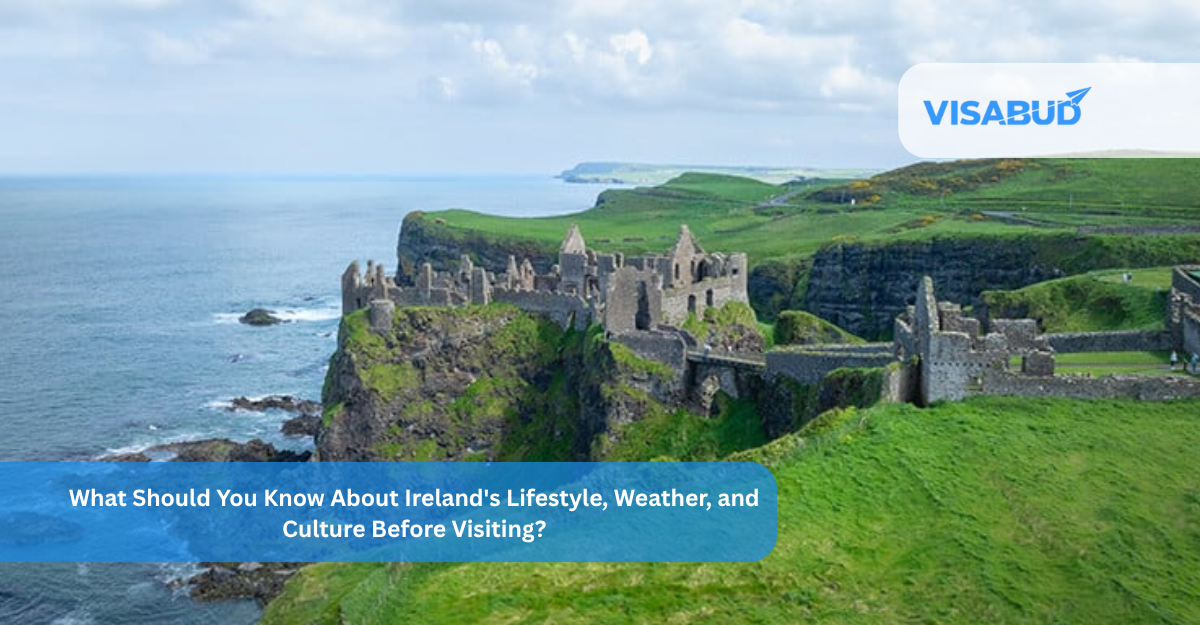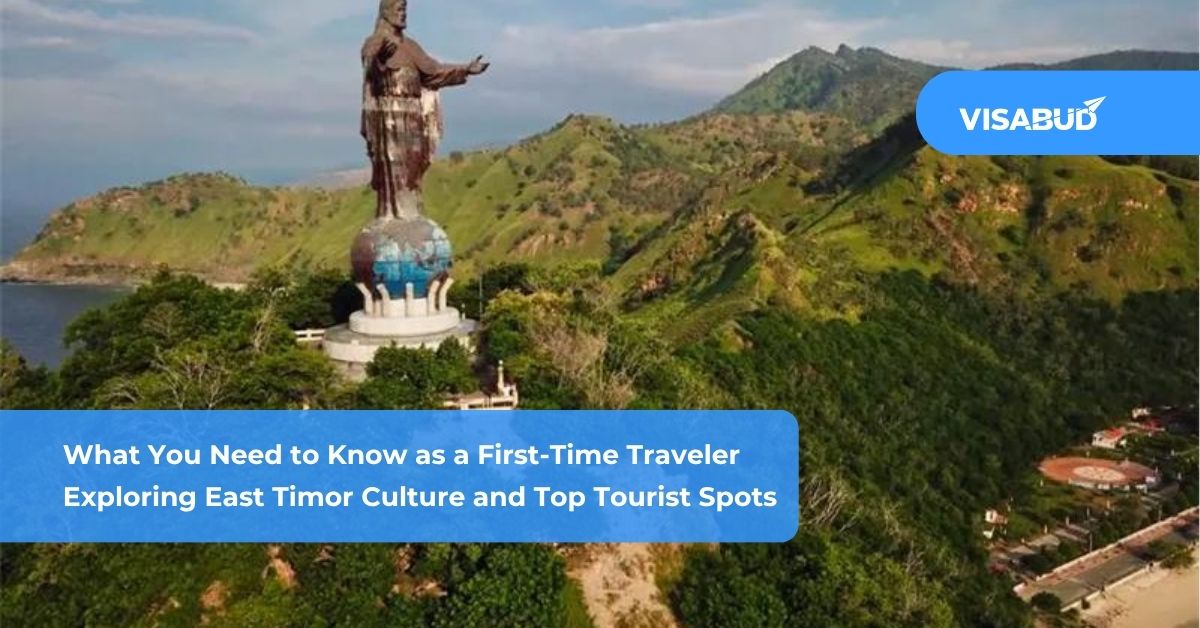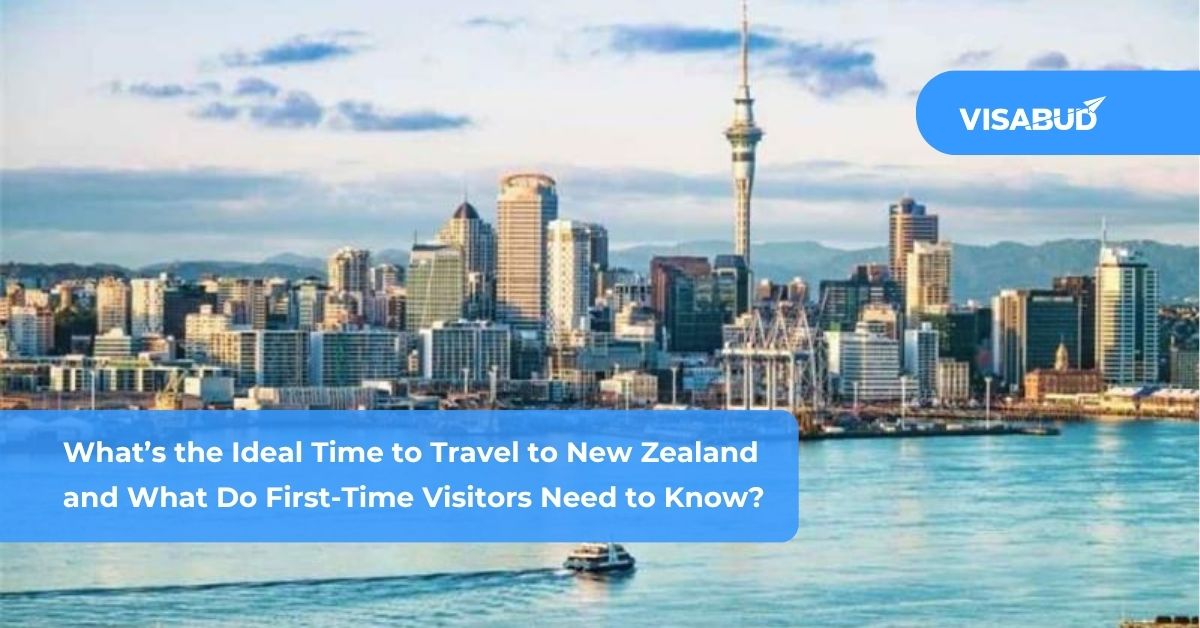South Sudan Travel Guide: All you need to know to visit South Sudan in 2025
Welcome to South Sudan
South Sudan
South Sudan is a youthful country nestled in East Africa and will stun you with its magnificent scenery, rich history, and diverse culture. The appeal of South Sudan, the newest nation in the world, rests in its untamed nature, varied tribal cultures, and a sense of authenticity that is difficult to discover in more well-known tourist locations. This trip guide offers information on South Sudan’s history, safety advice, must-see places, and regional customs to be your travel companion as you explore the country’s attractions.
Document checklist for South Sudan
Valid passport – at least six months
South Sudan Visa
Passport-sized photographs
Flight Tickets
Travel Itinerary
Proof of Accommodation
Essential South Sudan travel information
Currency – the South Sudanese pound
Daily budget for one person – $100 to $200 per person.
Language – The official language of South Sudan is English.
Top 3 cities to visit – Juba, Malakal, Wau
Top 3 landmarks/monuments – John Garang Mausoleum, Juba Bridge, St. Theresa Cathedral
Socket type – the electrical socket type used in South Sudan is Type C, and Type D. The voltage in South Sudan is 220-240 volts at 50 hertz (Hz).
Time zone – South Sudan follows the Central Africa Time (CAT) time zone. (UTC+2)
Typical costs and budget for South Sudan
Daily spending – $100 to $200 per person
Meals – $10 to $20 per person
Transport – $40 per person
Hotel – $50 to $100 per night
Transport and best ways to travel around South Sudan
Due to South Sudan’s poor transportation system and security issues, traveling across the nation can be difficult.
Internal flights connecting South Sudan’s major towns and areas are the most practical and secure mode of transportation. Domestic airlines offer service between Juba to cities, including Malakal, Wau, and Bor. However, because flight times might vary, getting tickets in advance is imperative.
Road travel is feasible, but it may be challenging and dangerous. Travel times might be substantially longer than anticipated because of the poorly maintained road network. Travelers may also be in danger from security difficulties and banditry along some highways. If you go by car, consider selecting a dependable driver or pre-arranged transportation.
In some areas of South Sudan, transportation can be facilitated by the White Nile and other waterways. On the Nile, boat services may provide interesting and beautiful transportation. But while using river transportation, it’s crucial to consider safety and security, just as when driving.
Safety in South Sudan
Travelers are advised against visiting South Sudan because of the country’s continuous internal conflicts, widespread turmoil, and security issues. Since declaring its independence in 2011, the nation has endured several violent wars and periods of instability. Travel can become dangerous because of this, and some regions are the subject of travel warnings or outright travel bans by international countries.
It is essential to review the travel warnings issued by your government and other reliable sources before making travel arrangements to South Sudan. These warnings include crucial details on the country’s safety situation and may advise against travel or offer particular safety measures.
Taking security precautions seriously is crucial if you decide to visit South Sudan. Always be aware of your surroundings, keep up with neighborhood news, and avoid huge gatherings or protests. Stay in reputed, secure lodging. To safeguard visitors, certain hotels may have security measures in place.
Weather in South Sudan
Tropical South Sudan experiences different wet and dry seasons. The ideal time to visit South Sudan is during the dry season (December to April). The climate is hot and dry throughout these months, with 30 to 40 degrees Celsius daytime highs. Even though they might be chilly, nights are often warm. South Sudan has intense rainfall and high humidity from May to November during the rainy season. Traveling during this time might be difficult since some regions may be inaccessible, and routes may become impassable due to floods. During the rainy season, mosquito-borne illnesses can also be a worry.
Famous Cities and Towns in South Sudan
Juba: The most significant capital city of South Sudan is Juba. It is the nation’s political, economic, and cultural hub and is situated in the South.
Malakal: Malakal, the second-largest city in South Sudan and an essential economic center, is situated in the Upper Nile State.
Wau: The capital of Western Bahr el Ghazal State is Wau, a sizable city in the northwest of the nation.
Rumbek: Rumbek, the capital of the Lakes State and a city in the center of South Sudan is well-known for its traditional festivities and cattle markets.
Must do and see in South Sudan
- Learn about the many ethnic groups and history of South Sudan by visiting the Juba National Museum.
- There are national parks and reserves where you may go on safari to see varied species. Among the significant choices are Nimule National Park and Boma National Park.
- For a memorable and pleasurable experience, take a cruise along the Nile.
- Visit nearby villages to experience South Sudanese culture and engage with the welcoming and diverse locals.
Typical South Sudan food to try
Kisra: South Sudan’s national dish, kisra, is a flatbread made from sorghum. It is frequently served with a variety of sauces and stews.
Asida: Sorghum or millet flour is used to make the porridge. It frequently goes with stews made of meat or vegetables as a side dish.
Bamia: Popular okra dish called bamia is made with tomatoes, onions, and other seasonings. It frequently comes with rice.
Fun facts about South Sudan
- The world’s newest country, South Sudan, became independent from Sudan on July 9, 2011.
- The more than 60 different ethnic groups that form South Sudan each have their unique languages, traditions, and customs.
- South Sudan is the country through which the Nile River, the longest river in the world, flows.
Related Articles

5 min read
What Should You Know About Ireland’s Lifestyle, Weather, and Culture Before Visiting?
🇮🇪 Planning a Trip to Ireland? Here's What You Need to Know Ireland is more than just green hills, friendly smiles, and pints of Guinness. It’s a country full of
Read More
5 min read
What You Need to Know as a First-Time Traveler Exploring East Timor Culture and Top Tourist Spots
What makes East Timor an exciting destination for first-time travelers? If you're planning your first trip to East Timor (Timor-Leste), you're in for a one-of-a-kind adventure. Unlike heavily commercialized tourist
Read More
5 min read
What’s the Ideal Time to Travel to New Zealand and What Do First-Time Visitors Need to Know?
Planning your first trip to New Zealand? You're in for a breathtaking adventure. But before you book that ticket, it's important to know when to go and what to expect.
Read MoreYes. Indian nationals must first get a visa to enter South Sudan. Please confirm the sort of visa you are qualified to apply for before applying.
Two months before the trip date is the earliest time to apply for a South Sudan visa. It is advised that all visa applications be filed ten days before departure to enable enough time for visa processing.
The duration of this visa is 30 days. Depending on the reason for your travel and the type of visa you have, the Embassy will determine the validity and stay time.
The typical processing time for visa applications is six working days.
Your passport will be attached to the visa.
